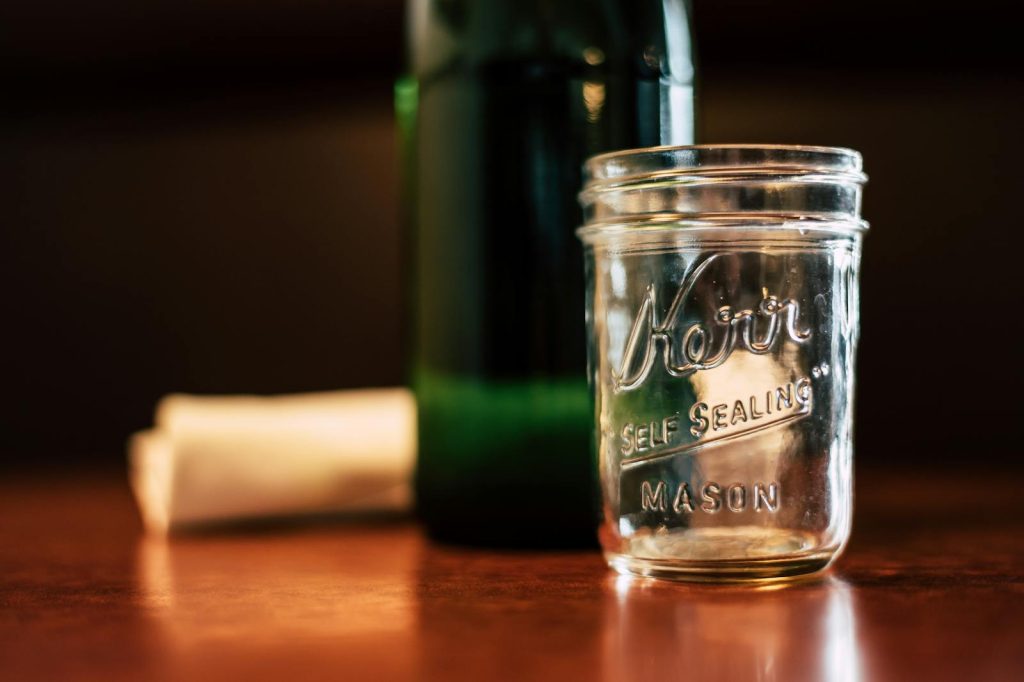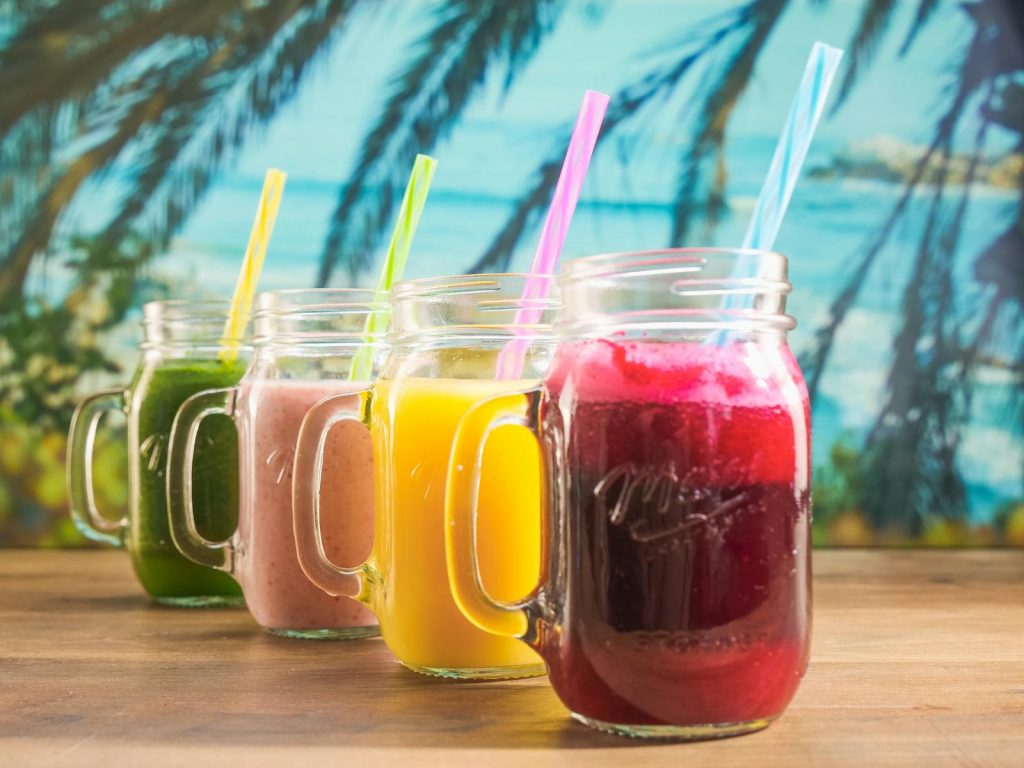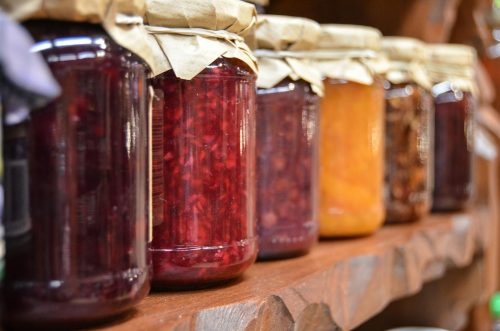Freezing food is a fantastic way to preserve freshness and extend shelf life. Mason jars are popular for this purpose due to their durability and versatility. But can you freeze mason jars? The answer is yes, and this comprehensive guide will walk you through everything you need to know to do it safely and effectively.
Understanding Mason Jars
Mason jars are sturdy, reusable containers originally designed for canning. Made from glass, they are available in various sizes and shapes, making them an eco-friendly option for food storage. Their popularity has surged due to their versatility and the airtight seal they provide, which is crucial for preserving food.
Types of Mason Jars
Mason jars come in several varieties:
- Regular Mouth Jars: These are the most common type and are suitable for a wide range of foods.
- Wide Mouth Jars: These have a larger opening, ideal for freezing larger food items.
- Quilted Jars: These are often used for jams and jellies and are decorative.
- Specialty Jars: Jars are also designed specifically for certain food or uses.
Freezing Food in Mason Jars

Freezing food helps retain its nutrients and flavor over time. Mason jars are ideal because they are non-reactive and can withstand low temperatures. Soups, stews, sauces, fruits, and vegetables can all be frozen in mason jars, provided you follow the right steps.
Benefits of Freezing Food in Mason Jars
- Eco-Friendly: Unlike plastic containers, mason jars can be reused indefinitely.
- Non-Toxic: Glass is free from harmful chemicals found in some plastics.
- Durable: Properly handled, mason jars can last for many years.
Step-by-Step Guide to Freezing Mason Jars
- Preparing the Jars
- Cleaning: Wash jars with hot, soapy water and rinse thoroughly.
- Sterilizing: Although not always necessary for freezing, sterilizing can add an extra layer of safety. Boil the jars for 10 minutes or run them through a dishwasher cycle.
- Drying: Ensure jars are completely dry before filling to avoid ice crystals forming inside.
- Filling the Jars
- Headspace: Leave about 1 inch of headspace at the top of the jar to allow for food expansion as it freezes.
- Portion Sizes: Consider portioning food into single-serving sizes for convenience.
- Sealing the Jars
- Types of Lids: Use either metal or plastic lids, ensuring they are designed for freezing.
- Proper Seal: Tighten the lids securely but avoid over-tightening as this can cause the jars to crack.
- Labeling and Dating
- Labeling: Use a waterproof marker to label the contents and date of freezing.
- Dating: Note the date on the lid or side of the jar to keep track of storage times.
Do’s and Don’ts of Freezing Mason Jars
Do’s: Best Practices
- Use tempered glass jars specifically designed for freezing: Regular glass jars can crack under low temperatures.
- Fill jars only to the recommended level to allow for expansion: Overfilled jars can break as the contents expand.
- Store jars upright in the freezer: This minimizes the risk of leakage and breakage.
Don’ts: Common Mistakes to Avoid
- Avoid using non-tempered glass jars: These are more prone to cracking.
- Don’t fill jars to the brim: Leave enough headspace for the food to expand.
- Do not place hot jars directly into the freezer: This can cause thermal shock and breakage.
Safety Tips and Considerations

Avoiding Thermal Shock
- Gradual Cooling: Allow jars to cool to room temperature before placing them in the freezer.
- Spacing: Leave space between jars in the freezer to ensure even cooling and prevent them from knocking against each other.
Handling Frozen Jars Safely
- Thaw Slowly: Thaw jars in the refrigerator or at room temperature. Avoid using hot water or a microwave.
- Inspect for Cracks: Check jars for cracks or damage before using the contents.
Thawing and Using Frozen Mason Jars
Safe Thawing Methods
- Refrigerator: Place jars in the refrigerator to thaw slowly.
- Room Temperature: Allow jars to thaw at room temperature for quicker use.
How to Use Thawed Food
- Reheat Gently: Transfer the contents to a pot or microwave-safe container and heat slowly.
- Storage Tips: Once thawed, use the contents within a few days for best quality.
FAQs about Freezing Mason Jars
- Can all mason jars be used for freezing?
- No, only use jars labeled as freezer-safe to prevent breakage.
- How long can food be stored in frozen mason jars?
- Most foods can be stored for up to a year. However, for best quality, aim to use them within six months.
- What foods should not be frozen in mason jars?
- Foods with high water content, like lettuce or cucumbers, may not freeze well and can become mushy.
- Can you freeze liquids in mason jars?
- Yes, but be sure to leave extra headspace for expansion. Liquids expand more than solids when frozen.
- What should you do if a jar breaks in the freezer?
- Discard the food and carefully clean up the glass shards. Use gloves to avoid injury.
Troubleshooting and Solutions
Common Problems
- Cracked Jars: Often caused by thermal shock or overfilling. Prevent this by allowing jars to cool and leaving adequate headspace.
- Sealing Issues: Ensure rims are clean and dry before sealing. Use new lids if necessary.
Solutions
- Fixing Sealing Issues: Check for food residue on the rim and ensure the lid is properly aligned before sealing.
- Preventing Breakage: Handle jars gently and avoid sudden temperature changes.
Social Media on “Can You Freeze Mason Jars?”
YouTube
Here are some Reddit discussions on freezing mason jars
Quora

Can you put glass jars of food in the freezer? – Quora

Are quart mason jars freezer safe? – Quora
Conclusion: Can You Freeze Mason Jars?
Freezing food in mason jars is a practical and eco-friendly method of food preservation. Following the tips and guidelines in this article, you can safely freeze your favorite foods and enjoy them for months. Share your experiences and tips with us, and let’s continue the conversation on sustainable living.

Leave a Reply